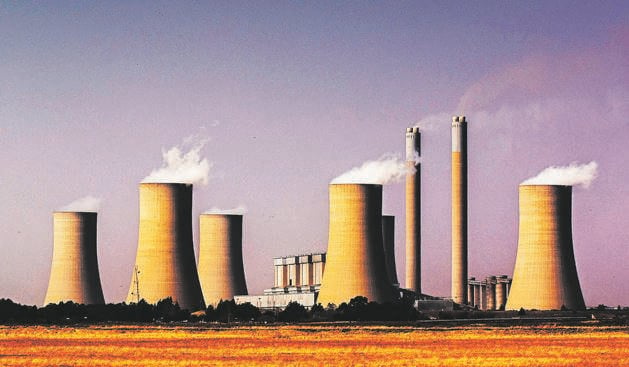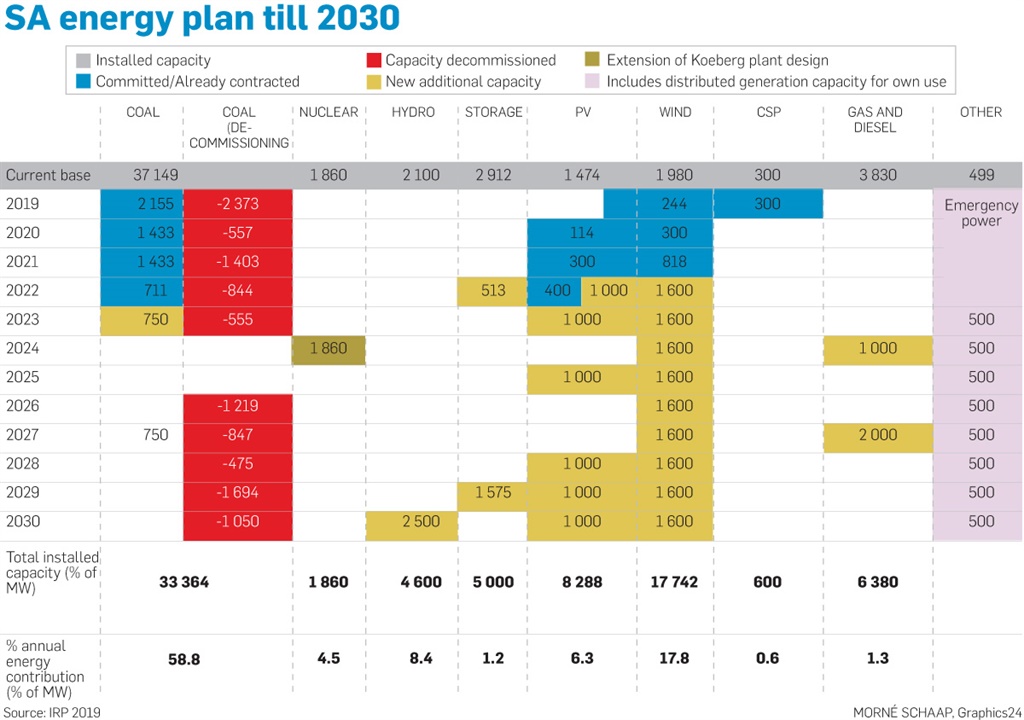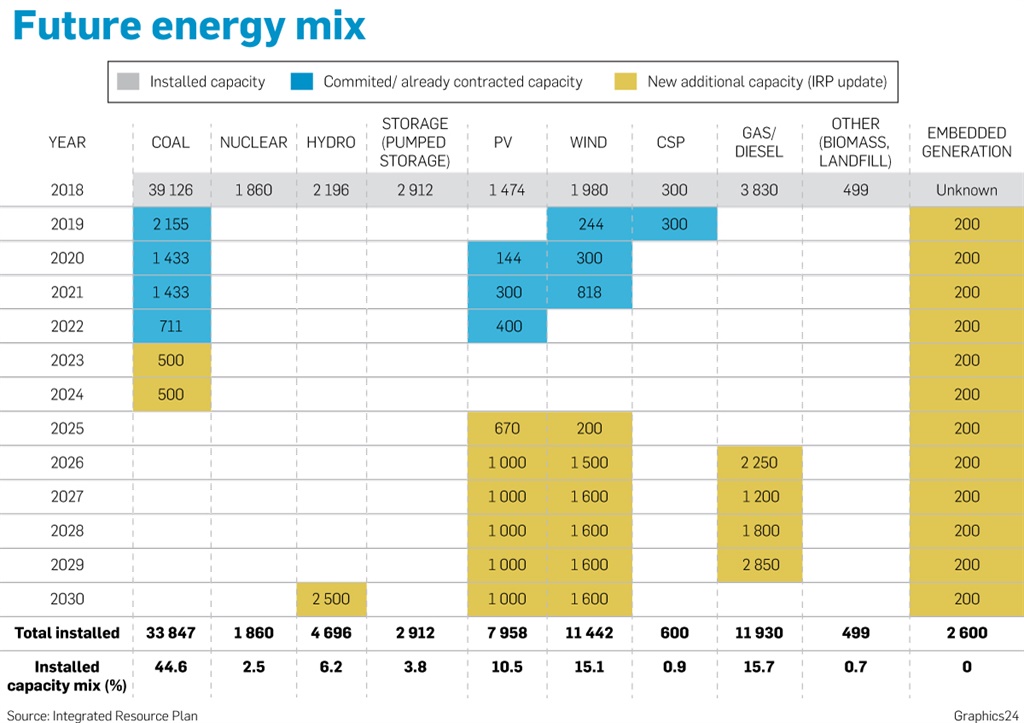
Minister moves fast to ensure the country’s energy stability with approval of new plan
Government has called on private energy producers to offer better prices and says it will soon issue an urgent call for energy solutions to mitigate Eskom’s deepening supply crisis.
Speaking on Friday during the release of the latest Integrated Resource Plan (IRP), Minister of Energy and Mineral Resources Gwede Mantashe said that coal producers needed to lower their prices while the country was still dependent on coal.
“Coal producers must decrease their prices for coal. The intention is not to kill coal producers, but to ensure that although they must make their money, they must not make obscene profits because of the pressure [to meet demand]. So, we are talking to both the producers of renewables and of coal,” he said.
Mantashe said the approval of the IRP by Cabinet earlier this week had brought much-needed certainty to the economy and had, hopefully, put to rest the debate about the country’s future energy mix.
“As a department, we have been categorically clear from the outset that our task is not to be a lobby group for a particular energy technology, but rather, to execute our mandate of ensuring the security of energy supply using all available resources,” he said.
“Now that the energy mix has been outlined, we must work with the necessary speed and resolve to ensure its implementation.”
The IRP was submitted in draft form to the National Economic Development and Labour Council, better known as Nedlac – the consensus-seeking body comprising government, business, labour and civil society – in August last year. It is the latest blueprint that sets out how the country will meet its energy needs until 2030.
Mantashe added that government would discuss the administering of prices with the National Energy Regulator of SA and the SA Nuclear Energy Corporation.
He said Eskom had been given the go-ahead to incorporate renewable energy, so now there was nothing stopping the state-owned power utility from competing and acquiring generation assets in that sector.
“Eskom must have the freedom to expand its interests to renewable energy,” he said.
Mantashe emphasised the current price charged by independent power producers (IPPs) was unsustainable, and government could not commit to not capping it.
“The price of electricity is expensive. We are told that IPPs charge about R2.40 a unit, but the reality is that for window one photovoltaic [which is solar power], we are paying R4.25 a unit – because it was sold at R2.20 but was guaranteed an increase at CPI, and this has moved it to R4.25 a unit.
“This is unsustainable for the economy, and all the energy-intensive sectors are battling,” he said, adding that government would negotiate with the various sectors to find a solution, but would not impose anything.
NUCLEAR
Mantashe said South Africa was not planning to install large nuclear units but rather, smaller, modular nuclear plants.
Such an intervention meant the following would have to be done:
. According to Mantashe, the department was discussing with Eskom, which owns Koeberg power station, the possibility of extending its life by 20 years – from its projected end of life in 2024, until 2044.
“When we extend the life of Koeberg, we are not acquiring new capacity but merely extending the current capacity by 20 years,” he said.
. Immediately starting a nuclear build programme to add 2 500 megawatts of power “because it is a no-regret option in the long term”.
He pointed out that government was not outsourcing electricity generation but merely diversifying sources of electricity generation.
Any businesses that saw an opportunity would be welcome to contribute, he said.
According to the IRP, the energy mix will continue to be heavily reliant on coal because it is the resource that the country has in abundance.
However, greater investment will be directed at technologies that will make coal usage more efficient, with low emissions.
Mantashe said the department would also issue an urgent invitation for solutions to the country’s deepening energy woes.
“The IRP recognises that because of challenges with Eskom’s plant performance, there is an immediate supply-and-demand gap that needs to be addressed. The current load shedding attests to this,” he said.
“We urgently need to secure additional capacity to increase our reserve margins. The department will shortly issue a request for information regarding supply-and-demand options available that can be brought online in the shortest possible time, at a reasonable cost.
“An increased focus on monitoring the supply-and-demand balance by the department and the regulator will ensure that we are proactive in dealing with the challenges posed by ageing plants and technological advancements,” Mantashe said.
The IRP, which is supposed to secure the country’s generation capacity for demand in both a low- and medium-growth economic environment, also aims to restore an improved reserve margin.
The plan proposes that the following capacity be added to the energy mix for the period up to 2030: 1 500MW of generation from coal, 2 500MW from hydropower, 6 000MW from photovoltaic, 14 400MW from wind, 2 088MW from storage and 3 000MW from gas.
Coal, the plan indicates, will continue to play a significant but declining role in the future, accounting for 59% of output by 2020.
Nuclear will contribute 5%, hydro 8%, solar 6%, wind 18%, and gas and energy storage technologies 2% each.




 Publications
Publications
 Partners
Partners











